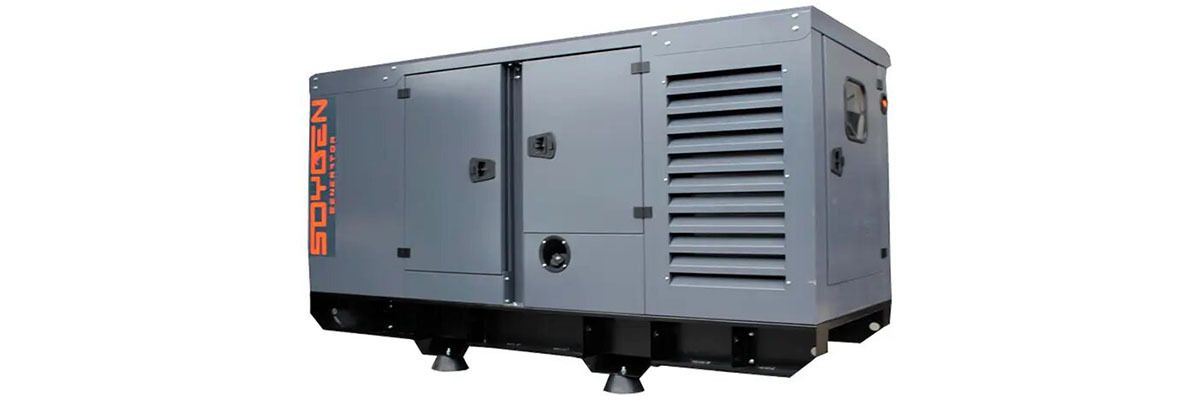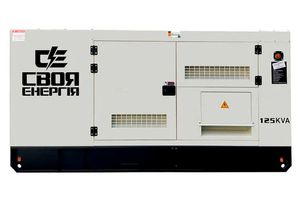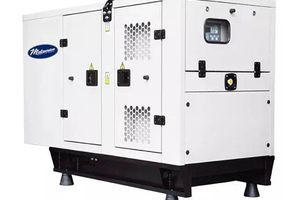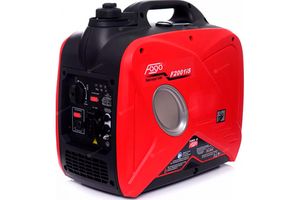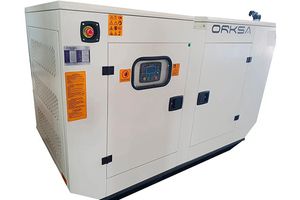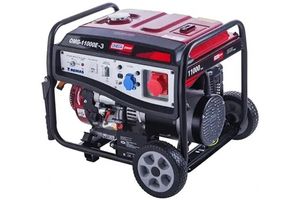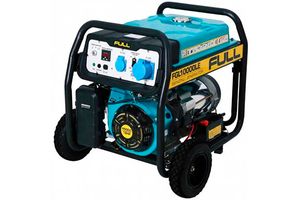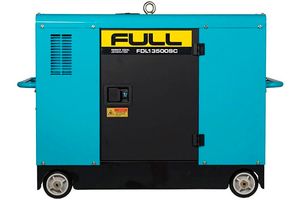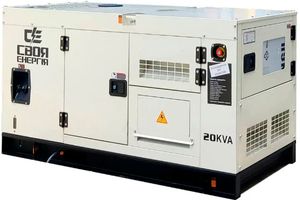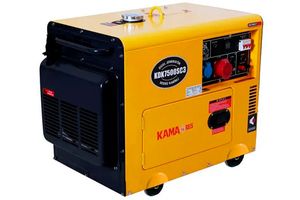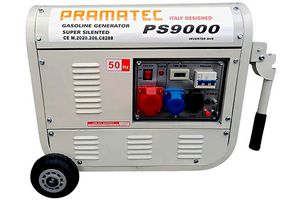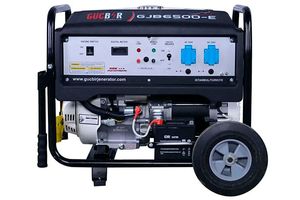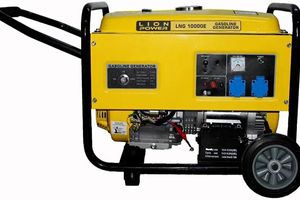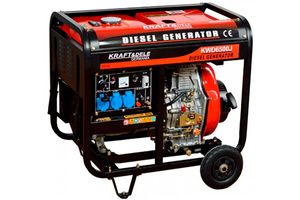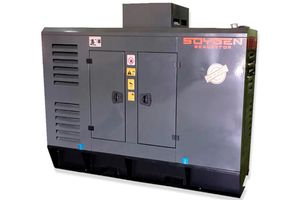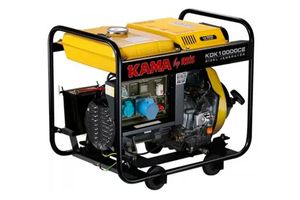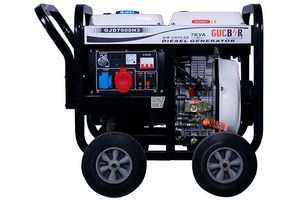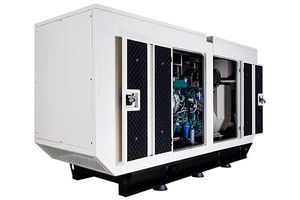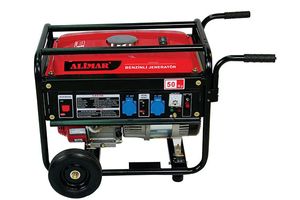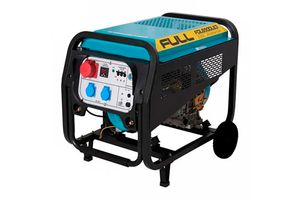How does a generator work, what are the powers?
Generators are self-contained machines that provide electricity when the local power supply is not available. Industrial generators are often used to provide backup power to facilities, businesses, or homes during a power outage, but they can also be used as the main source of power in places where the local power grid is not available or difficult to access, such as in mining, agriculture, or even construction of new facilities.
You can buy a generator for almost any need. Some power generators are small, portable devices that are used for camping or hobby purposes to provide a small amount of power to multiple appliances. Others are fixed installations capable of providing energy to an entire house. Industrial generators are even more powerful, they are able to provide energy for manufacturing plants, hospitals and office complexes.
How do generators generate electricity?
Generators don't actually generate electricity. Instead, they convert mechanical or chemical energy into electrical energy. They do this by capturing the force of motion and converting it into electrical energy by passing electrons from an external source through an electrical circuit. A generator is essentially an electric motor running in reverse.
Some power generators, such as these, are huge and provide massive amounts of power by converting the energy generated by turbines that turn water into electricity. However, residential and commercial generators are much smaller and run on more traditional fuel sources such as diesel, gas and propane to create mechanical energy that can then be channeled into a circuit and produce an electrical current.
Once electric current is created, it is sent through copper wires to power external machines, devices, or entire electrical systems.
How powerful are generators?
Power is the amount of electricity the generator can produce when running at full power. This maximum power is usually measured in megawatts (MW) or kilowatts and helps utilities predict how much load a generator can handle.
The power of different types of generators also varies: For gasoline generators, it is usually between 1 kW and 10 kW. For diesel generators, this is 5 kW - 20 kW.
































